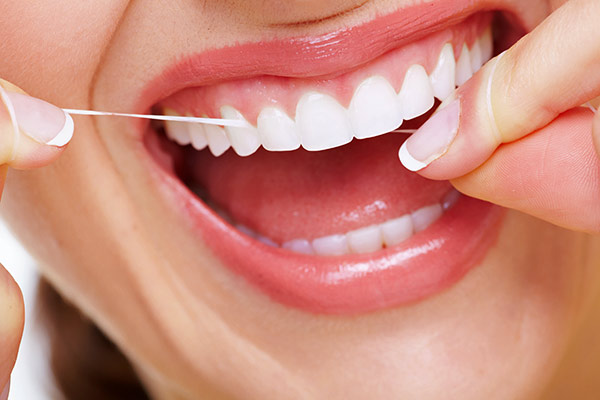One dentist in Mesa wants to share with you a few really fun and interesting facts about oral hygiene that you probably didn’t know. Since there are so many myths surrounding dental hygiene, you probably shouldn’t believe everything you hear. In and of itself, dental health is a whole science and there is a lot more to it than there appears.
Let’s take a look at seven really interesting facts about oral hygiene.
1. If you’re a person who habitually puts a cap on your toothbrush every time after you use it, then consider throwing the cap out and letting your toothbrush get some air. The commonly used practice of putting a cap on the toothbrush is actually largely detrimental since the moisture entrapped in the cap encourages bacterial growth.
2. Three out of four people in the United States suffer from some stage of periodontal gum disease. Our mouths are full of bacteria. These bacteria, along with mucus and other particles, constantly form a sticky, colorless plaque on teeth. Sure, brushing and flossing do help get rid of plaque. However, a plaque that is not removed can harden and form tartar that brushing doesn’t clean. If this is left untreated, it can turn into gum disease.
3. People who tend to drink three or more glasses of soda daily have 62% more tooth decay, fillings and tooth loss than others. Interesting, right? If you consistently drink soda or even sugary juices, you should consider drinking them through a straw and making sure to brush your teeth right after so the sugar doesn’t have time to linger on your teeth.
4. The very first toothbrush with bristles was created in China in 1498. That’s a long time ago! Bristles from hogs, horses, and badgers were used. The first commercial toothbrush was made in 1938. Thankfully, toothbrushes of today are no longer made from animal hair.
5. When ingested habitually by kids, fluoridated toothpaste can lead to fluoride toxicity. As a parent, make sure to teach your kids to spit out excess toothpaste into the sink and not to swallow it. Too much fluoride could lead to dental fluorosis, which is a cosmetic condition that affects the teeth during the first eight years of life. This is the time when most permanent teeth are being formed.
6. Yes, you are supposed to replace your toothbrush after you suffer from the flu, cold or another viral infection. Notorious microbes can implant themselves on the toothbrush bristles, leading to re-infection. Thus, make sure to buy a new toothbrush after you’ve been sick.
7. Newborn babies do not have tooth decay bacteria. Many times, the bacteria are transmitted from mother to baby when she kisses the child or blows on hot food or beverages prior to feeding the baby.

Leave a Reply